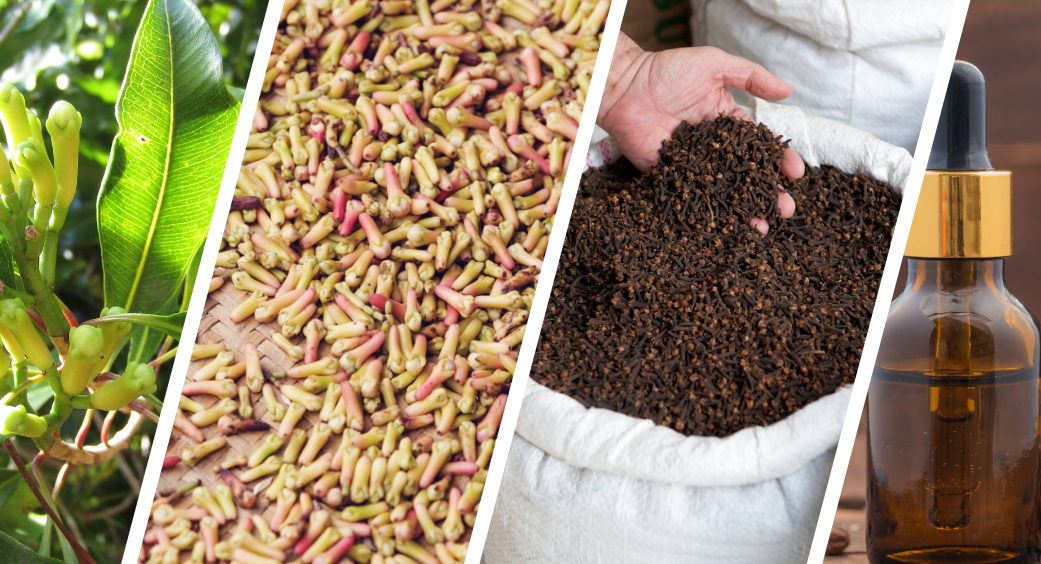The intricate nature of the supply chain, coupled with the high value of these products and the extensive processing involved, renders herbs, spices, and botanicals particularly susceptible to fraud through adulteration, substitution, dilution, and mislabeling.
Supply chain disruptions, record-high inflation rates, and commodity shortages due to global crises have led to a rise in incidents of food fraud, now affecting approximately 1% of the global food industry with an annual cost of $10 billion to $15 billion, as stated by the U.S. Food and Drug Administration[1]. The European Food Safety Authority notes a 30% increase in food fraud incidents during the COVID-19 pandemic[2].
Many herbs and spices undergo various processing stages, including cleaning, drying, disinfection, crushing, grinding, packaging, and distribution. Inappropriate handling and fraudulent practices can occur throughout these processes and within the food chain. Detecting such issues in the final products reaching the consumer can be challenging. The survey conducted by the European Commission on the authenticity of herbs and spices revealed that oregano, pepper, cumin, curcuma, saffron, paprika, and chili powder are among the most commonly found to be adulterated[3].
The Role of Chemistry in Detecting Food Fraud
In addition to biological and molecular methods, chemistry-based analyses play a critical role in identifying food fraud in herbs, spices, and botanicals. Chemical profiling techniques can detect anomalies in composition that indicate dilution, substitution, or the presence of undeclared additives. These methods are particularly effective for identifying synthetic dyes, fillers, solvent residues, and geographic or varietal inconsistencies that may not be visible through traditional inspection.
Advanced analytical techniques such as chromatography, spectroscopy, and isotopic analysis enable the comparison of authentic reference profiles against finished products, helping verify purity, origin, and compliance with regulatory standards. Chemistry testing provides a complementary layer of assurance across the supply chain, supporting both regulatory compliance and brand protection by uncovering fraudulent practices that compromise product integrity.
The Food Safety Modernization Act (FSMA) of 2011 instituted stringent regulatory requirements, including annual GFSI-approved audits, mandatory vulnerability assessments, and mitigation plans for preventing food fraud. The emphasis on a comprehensive "food defense plan" underscores the need to evaluate fraud vulnerability and implement control measures throughout the supply chain, focusing on on-site security, employee training, and stringent access controls[4].
Producers are taking action by tightening supplier compliance, implementing stringent supplier management and quality programs, addressing transparency issues throughout the supply chain, and emphasizing the significance of third-party verification and annual certifications. More prominent companies have initiated adopting technologies like blockchain and artificial intelligence, which tackle issues related to food safety and traceability, and play a role in mitigating fraud.

How Can Mérieux NutriSciences Support You?
- Our expert services team can help with third-party audits and verification programs to ensure your suppliers comply with regulatory requirements.
- Our training courses can help your personnel develop programs to meet SQF and GFSI audit requirements.
- While various authenticity determination methods exist, our DNA metabarcoding offering is one of the most robust approaches, a revolutionary advancement empowered by next-generation sequencing (NGS) technology. This breakthrough enables the sequencing of multiple samples and genes, facilitating the identification of plant species in complex matrices.
- We also offer authenticity by NMR (Nuclear Magnetic Resonance) through our partner programs, which rely on the magnetic properties of atomic nuclei and provide crucial information about the structure, composition, state, and identity of molecules in a sample.
- We also offer spice validation services, ensuring that your herbs and spices meet regulatory standards and are free from adulteration.
These advanced technologies serve as powerful tools in the fight against food fraud, enhancing food authenticity and ensuring the integrity of your products. Contact us for more information and take a proactive step towards securing the authenticity of your products.
Discover Our Spice Testing Solutions at ASTA 2026
We’re excited to announce that Mérieux NutriSciences will be attending the American Spice Trade Association (ASTA) Conference this year. Be sure to join us to learn more about our spice testing solutions, food fraud prevention strategies, and supply chain validation services. Connect with our team at the event!
References
[1] https://www.fda.gov/food/compliance-enforcement-food/economically-motivated-adulteration-food-fraud
[2] https://food.ec.europa.eu/system/files/2023-10/acn_annual-report_2022.pdf
[3] https://publications.jrc.ec.europa.eu/repository/handle/JRC126785
[4] https://www.ift.org/news-and-publications/food-technology-magazine/issues/2023/june/features/outsmarting-food-system-fraudsters
